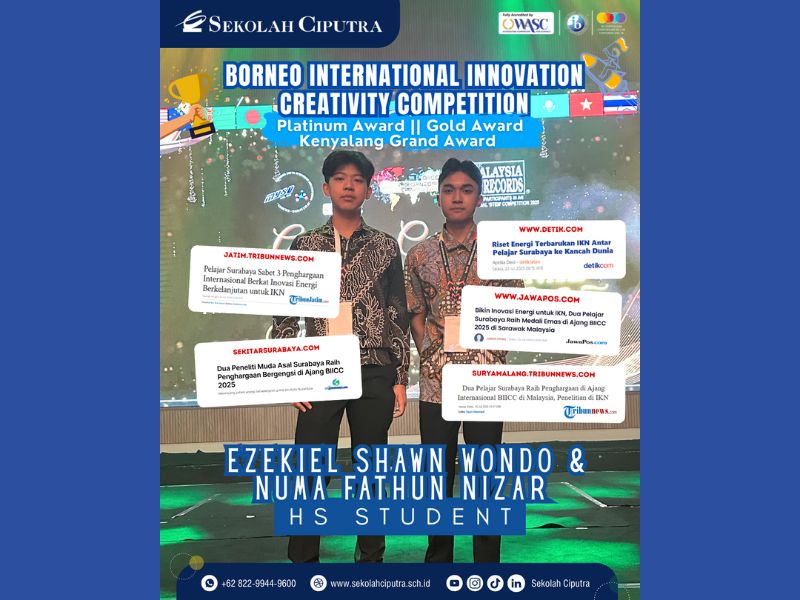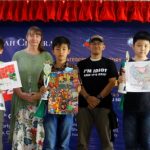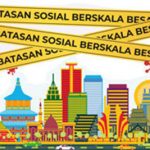When I first heard about the Borneo International Innovation Creativity Competition (BIICC) 2025, I honestly didn’t expect much. I saw it as another opportunity to challenge myself, apply some maths, and maybe walk away with a decent experience. I had just come off ISRC with a Gold and Grand Award, so the pressure was definitely there.
Interestingly, it was actually a professor I met at ISRC who first encouraged me to join BIICC. After seeing my project and how I used mathematical modeling to approach sustainability issues, he came up to me and said, “You should take this to BIICC. Your work deserves a broader stage.” That small moment of recognition meant a lot, it gave me the push to step out of my comfort zone and aim higher.
So, together with my teammate, Numa Fathun Nizar, we entered the Math & Engineering category with a project that felt incredibly close to home: optimizing renewable energy microgrids for Indonesia’s new capital city, Nusantara. It wasn’t just about building a model; it was about solving a very real problem. Jakarta’s overpopulation and environmental challenges make the shift to Nusantara necessary, but how can we make sure it’s a sustainable city from the start?
We built a Mixed-Integer Linear Programming (MILP) model (yes, sounds scary, trust me not that scary) that could help design cost-efficient microgrids using solar panels, wind turbines, and battery storage. The idea was to balance investment cost and energy reliability, especially in remote areas with limited infrastructure.
But BIICC wasn’t just about the model. Presenting to international judges was a completely different battlefield. At ISRC, we could dive deep into the technicalities, but here, we had to translate complexity into clarity. We had to speak to not just engineers, but also to educators, innovators, and students from all over the world.
What I’ll never forget is how much we grew as a team. From sleepless nights running simulations, to practicing our pitch over and over, to encouraging each other when things felt overwhelming, we learned that good research is more than just data. It’s about collaboration, resilience, and shared purpose.
And when we were announced as the winners of the Gold Medal, Platinum Award, and the prestigious Kenyalang Grand Award, I was stunned. It wasn’t just a win, it was validation that maths can drive real change, that students can contribute meaningfully to global issues, and that passion really does pay off.
What’s next? We’re not stopping here. We want to turn this model into an interactive web tool that anyone, from local governments to students in rural schools, can use to design sustainable energy systems for their communities. That’s the dream.
BIICC reminded me that innovation isn’t always about inventing something new. Sometimes, it’s about using what we already have, maths, ideas, and a bit of courage, to build something better.
Writer: Ezekial Shawn Wondo – Grade 12 DP







